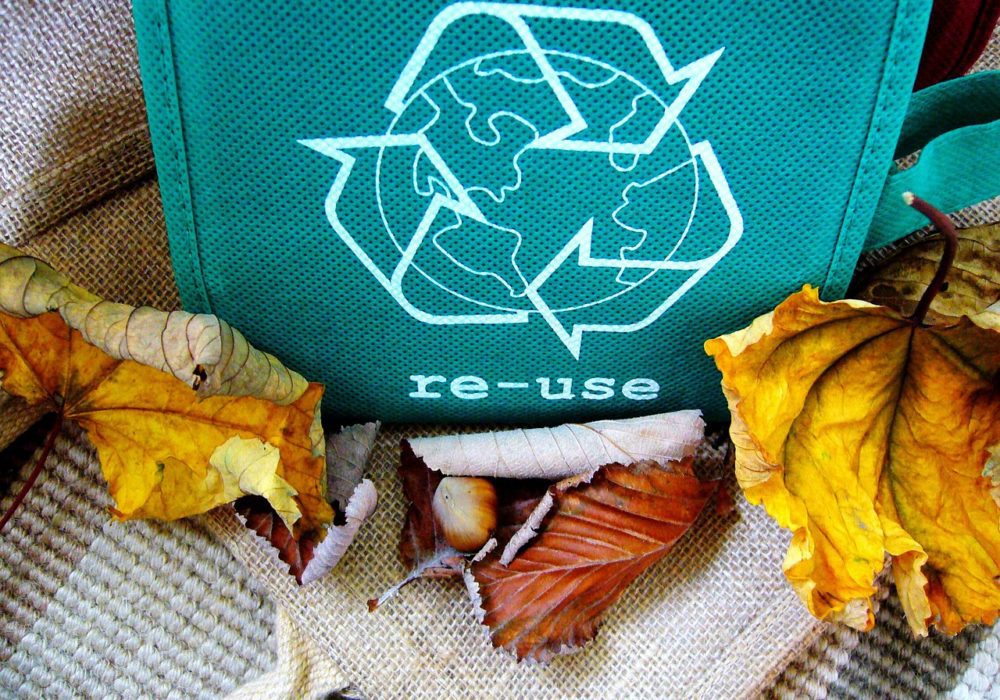
We’re in the midst of a waste reduction movement, with many people trying to cut down on unnecessary packaging and single-use plastic. However, is a personal effort enough, or should Local Authorities be helping to encourage households to reduce their waste?
Let’s take a look at how the appetite for greater environmental responsibility is growing, and how council waste management teams can encourage communities to cut down on their refuse collection needs…
Sending plastic packing
There’s a war being waged on household waste, and it’s coming from the public. More families than ever are thinking about what they buy, use and throw out, in a bid to cut down on unnecessary levels of refuse.
Excess plastic packaging is the biggest cause for concern; 6 in 10 residents want to reduce the amount of plastic waste they throw out, according to Kantar Worldpanel data. Many people are embracing items like bags for life, reusable coffee cups and paper straws in an effort to become more environmentally respectful.
There’s also an appetite for disposing of any waste that is generated more responsibly. Government statistics show UK recycling rates are at their highest ever, with 45.7% of all municipal waste being given a second life. However, there is still a way to go to reach 50% targets by 2020.
Practical guidance for cutting waste collections
While this appetite for reducing domestic waste is encouraging, it’s still not enough. Many people feel powerless to make positive changes on their own, or struggle to understand how they can adopt a lower waste lifestyle. This is where Local Authorities play a vital role in helping households use less and recycle more.
There are a number of ways in which councils can inspire local communities to improve their waste management efforts, including:
- Showing the impact of household waste – social media is a great platform to share images and statistics that underline why we need to adopt greener lifestyles
- Suggesting everyday changes – such as carrying reusable water bottles, buying loose fruit & vegetables without packaging, getting milk delivered in glass bottles, and swapping clingfilm for beeswax wrap
- Clearly communicating what items can be recycled – often confusion stops people from making the effort to sort their rubbish correctly
- Encouraging garden composting – which will reduce the amount of food waste thrown in the bin
Some Local Authorities are already implementing schemes to support waste reductions. For example, Bath & North East Somerset Council is offering discounted compost converter bins to reduce the amount of unwanted food being thrown out.
Meanwhile, North East Lincolnshire Council has launched a ‘skip it’ scheme, running mobile bulky waste collection points across the region to reduce the level of fly tipping.
Less is more
For Local Authorities, however, education is only part of the challenge. It is also their responsibility to ensure that anything being disposed of is done so efficiently and correctly. This will support the individual residents’ efforts to ensure we are protecting our environment.
For example, waste management teams can look at ways to collect rubbish more dynamically, so that lorries are only dispatched when pick-ups are required. Monitoring refuse street-by-street can enable collection crews to combine rounds dynamically, so that each truck is filled to capacity.
Councils also have a duty to make recycling work for their residents, managing materials appropriately to give as many items as possible a second life. This may include introducing an element of sorting once recycling boxes have been collected; moving responsibility from the household to waste management teams.
Admittedly, some of these processes can be quite complex to implement, which is why Local Authorities need to think carefully about the technology they are using. Putting a small amount of budget towards waste management software can provide a huge productivity boost, enabling municipal waste teams to be much more responsive in the way rubbish is collected, sorted and disposed of.
Connecting government targets with people’s desires
Ultimately, if we want to look after the world we live in and maintain its current ecological state, then everyone has a responsibility to cut down on waste. It’s encouraging to see so many UK households taking steps to generate less waste, but transformational change relies on a more coordinated effort.
As the lynchpin between the government and the people, Local Authority teams can have a huge impact on how much refuse is thrown out in their local area, and how effectively it is processed.
With the right support and waste management technology, we can work towards a future in which less materials are thrown into landfill – and the logistics of coordinating municipal waste collections are eased in the process.
Whitespace Municipal is a cutting-edge waste management platform, enabling Local Authorities to adopt smarter strategies for reducing unnecessary waste.
